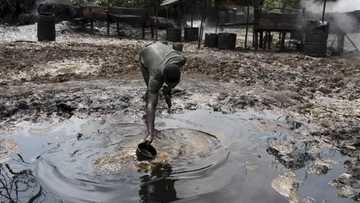Positive and negative contribution of petroleum to Nigerian economy
The petroleum industry has led to a significant economic growth in Nigeria. It created thousands of new jobs and income sources for the country. Still, nothing comes without a price! Let`s take a look at the positive and negative contribution of petroleum to Nigerian economy!
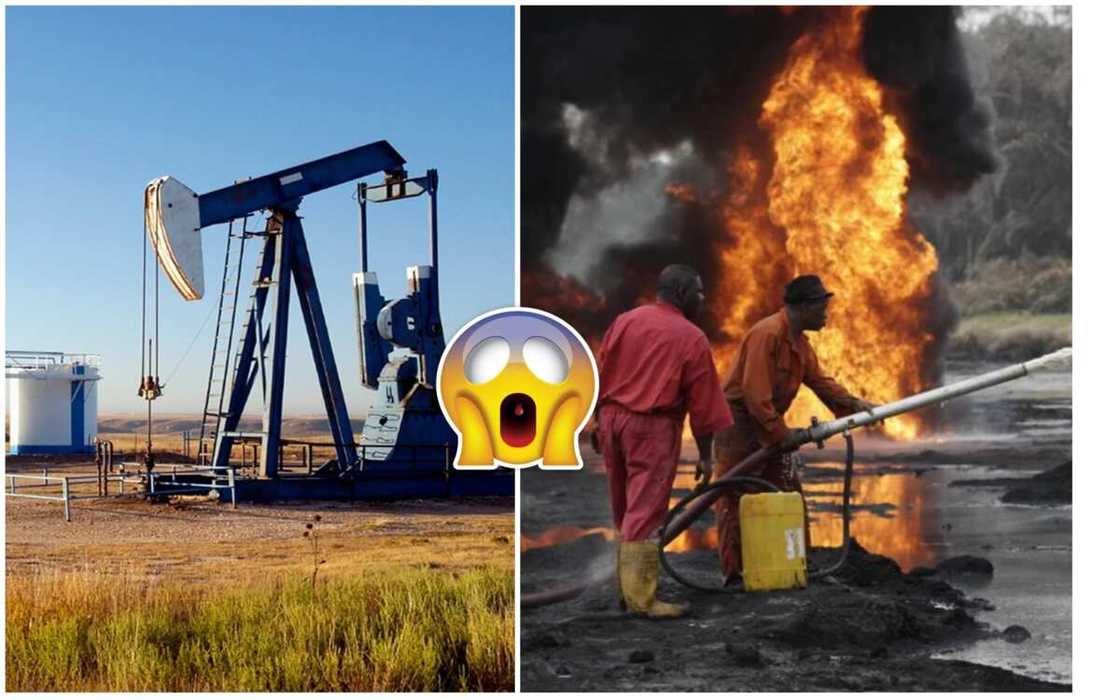
Introduction to the positive and negative contribution of Petroleum to Nigerian Economy
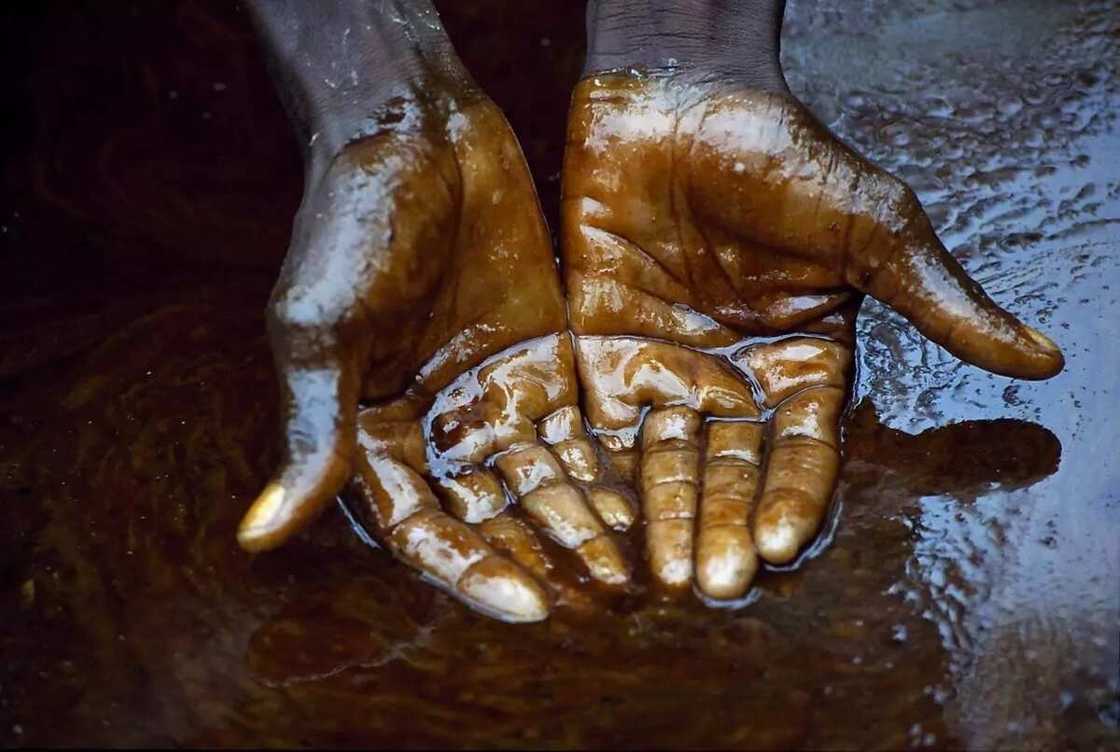
It has been more than forty years since Nigeria found oil on its lands. Since then, the petroleum sector has become one of the primary sources of the country`s economy. Nigeria gets about 90% of its foreign exchange earnings thanks to oil and gas. According to the current estimates, at least 20% of GDP comes from petroleum. Therefore, it`s no wonder that petroleum industry is one of the most crucial in Nigeria.
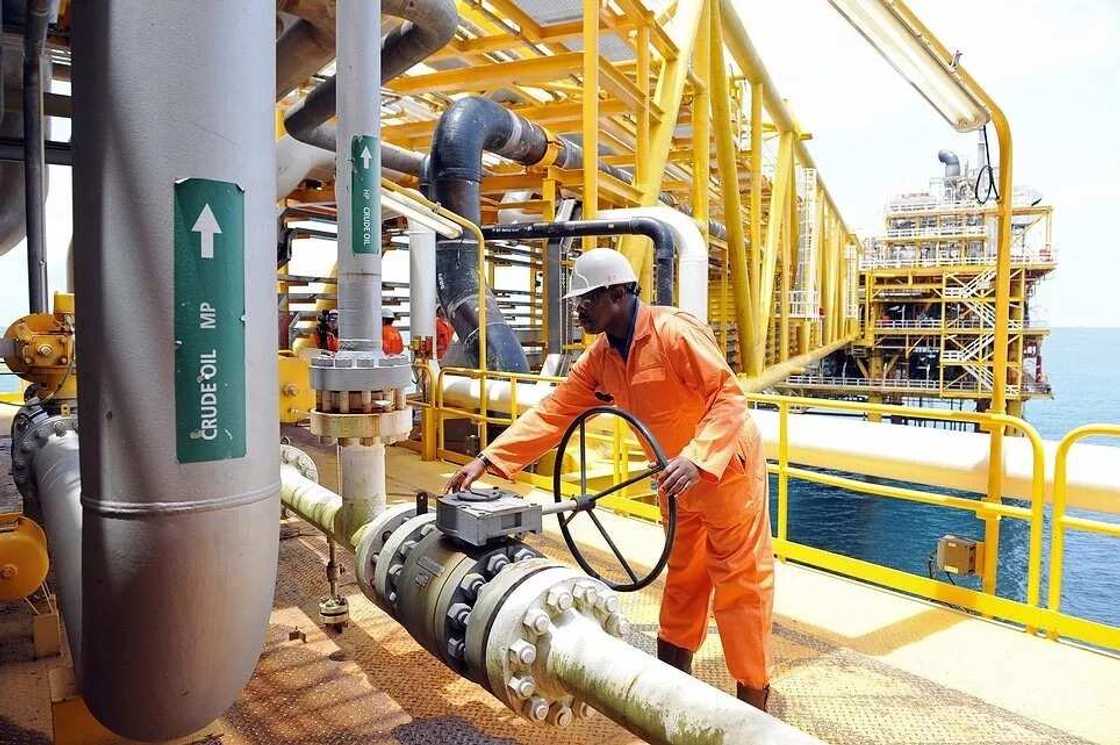
Oil in Nigeria was discovered in 1956. The first oil state was in Niger Delta. Even today it`s one of the largest oil-producing states in Nigeria. The discovery of oil products in Nigeria was done by Shell-BP. Thanks to this company, Nigeria joined the ranks of oil countries in 1958.
Still, this luxury does not come without a price! Do not forget about pollution! One of the significant disadvantages for Nigerian Economy is the situation with Ogoni people. They have suffered from the oil industry impact the most.
Positive Contribution of Petroleum to Nigerian Economy
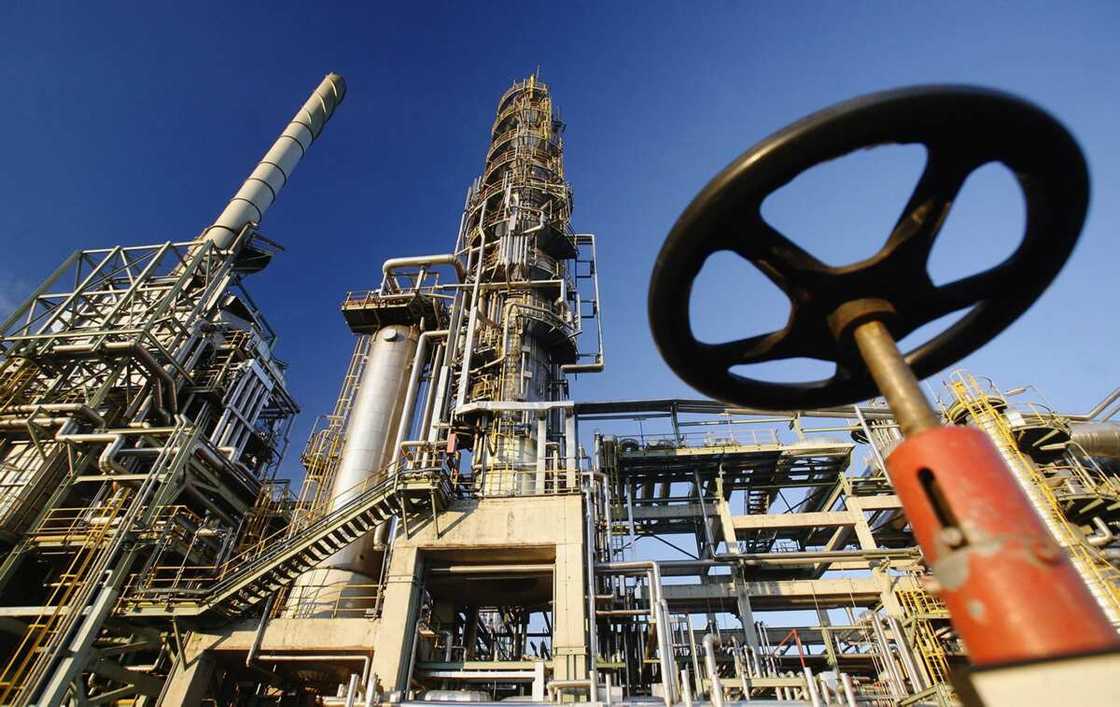
The rise of Nigeria in the world arena happened largely because of petroleum. This income source helped to build the country after the devastating civil war. At the beginning of the 1950s, petroleum had an insignificant amount in the total export. According to the statistics, it covered about 2% of export products.
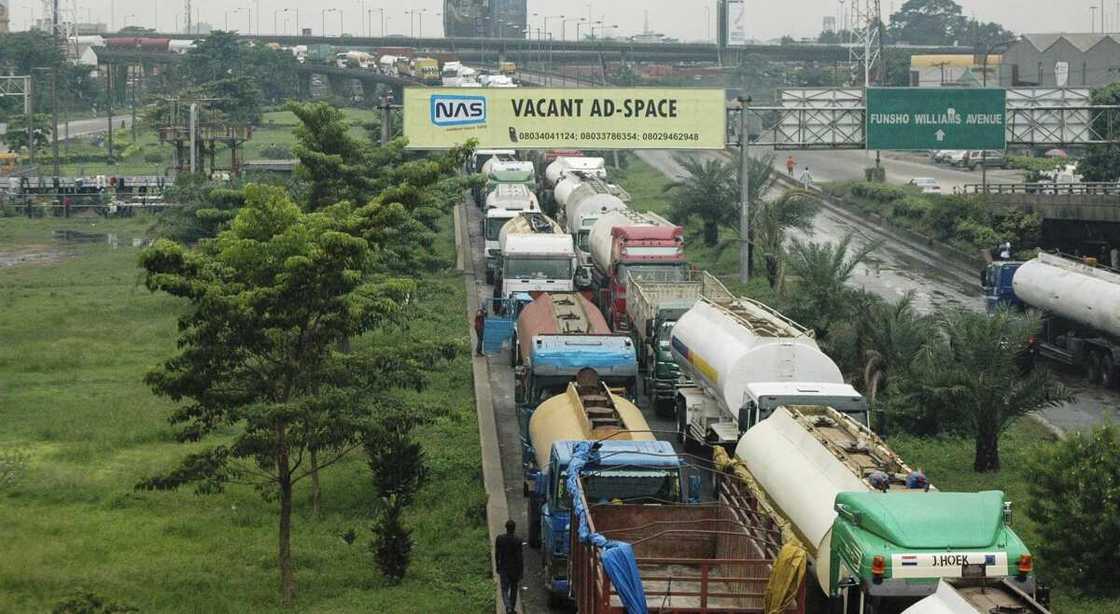
The real rise of petroleum started between 1960 and 1970. Nigeria could provide only about 5 million barrels per year in the 1960s. However, at the beginning of the 1970s, this number rose to a fantastic 600 million barrels. Therefore, governmental revenues from the petroleum industry increased from 66 million Naira in the 1970s to 10 billion in the 1980s.
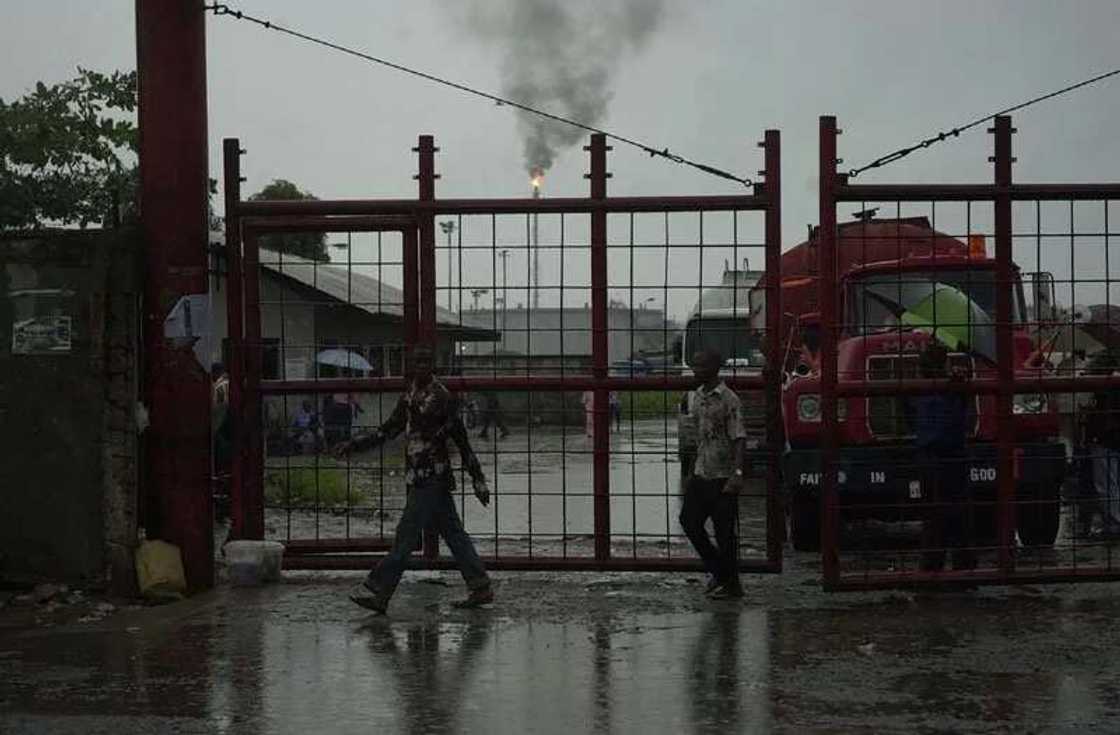
The energy reserves of Nigeria increased to up to 34 billion barrels. This number only keeps growing! At the beginning of the 2000s, petroleum covered about 80% of total export. Today, it`s about 90%. Still, due to the recent problems in the petroleum industry, the federal government tries to find new ways of export revenues. One of the major sectors of development for the country is agriculture.
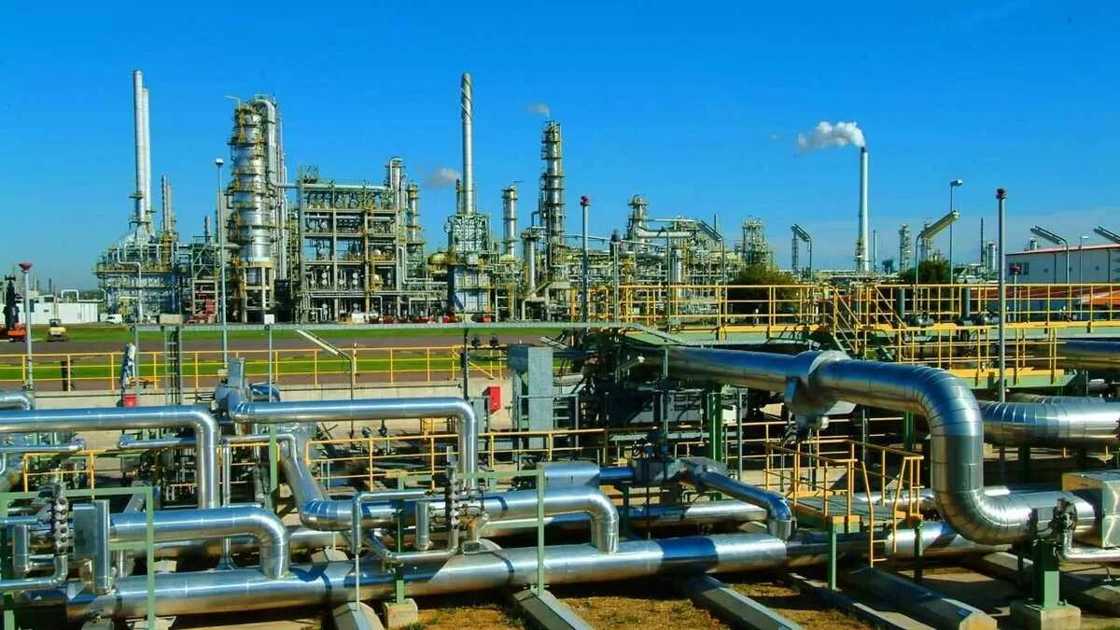
For today, Nigeria has four refineries with the installed capacity of 445, 000 barrels per day! These refineries are:
☛ The First (Port Harcourt.) It was launched in 1965. The initial capacity rate is 35,000, while it was developed to up to 60, 000 at the beginning of the 2000s;
☛ The Second (Port Harcourt.) It was established in 1989. The current refining capacity rate is 150,000.
☛ The Kaduna Refinery. It was created in 1980. The current refining capacity rate is 110,000.
☛ The Warri Refinery. It was installed in 1978. The current rate of refining is 125,000.
The combined domestic refinery systems exceeds the domestic consumption. Therefore, it can be sold to other countries.
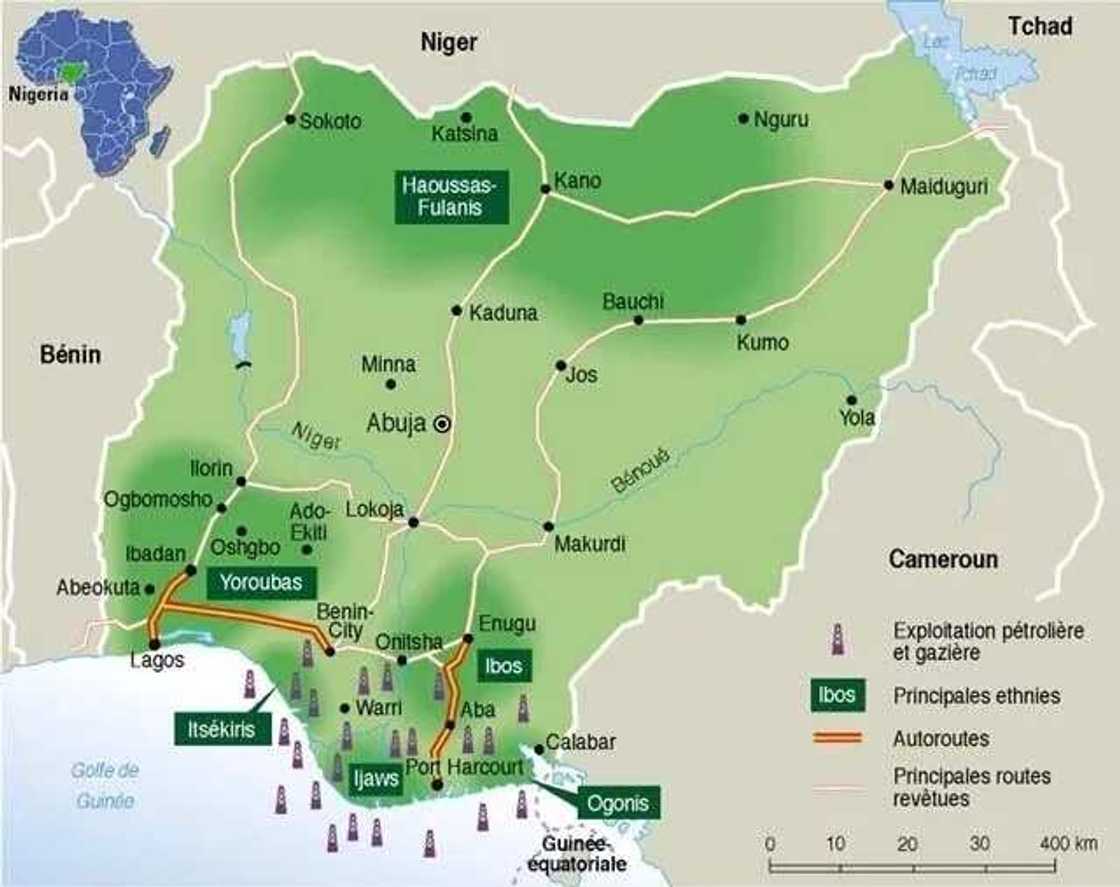
READ ALSO: Problems of tourism in Nigeria
Nigeria gets about 90% of its revenues from petroleum products. It can make Nigeria extremely vulnerable regarding the economy. Moreover, there are also negative contribution of petroleum to Nigeria.
Negative Contribution of Petroleum to Nigerian Economy
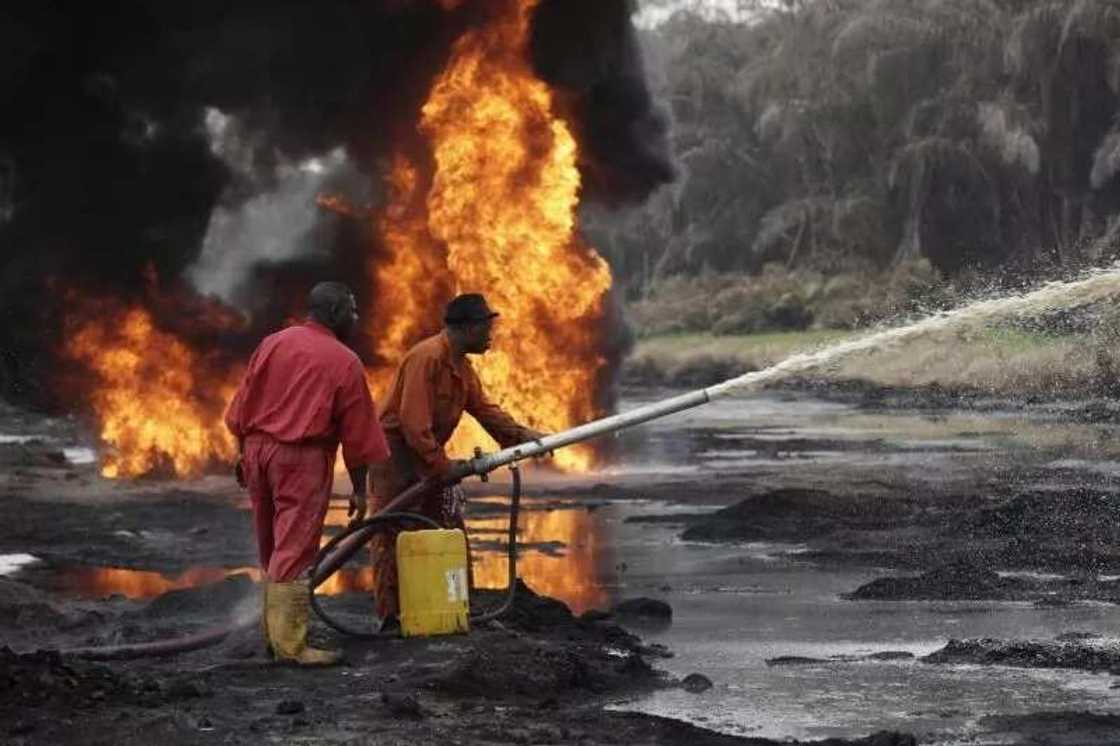
Ogoni Problems

The Ogoni community is one of the darkest examples of the petroleum industry in Nigeria. Ogoni Oil Spills is a disaster not only for the Nigerian eco system but also for Nigerian Economy. Experts show that Nigeria will need billions of dollars to clean up Ogoni Land. Moreover, it`s necessary to do this quickly! Nigeria has already had a few instances of radicalism because of Oil and Petroleum.
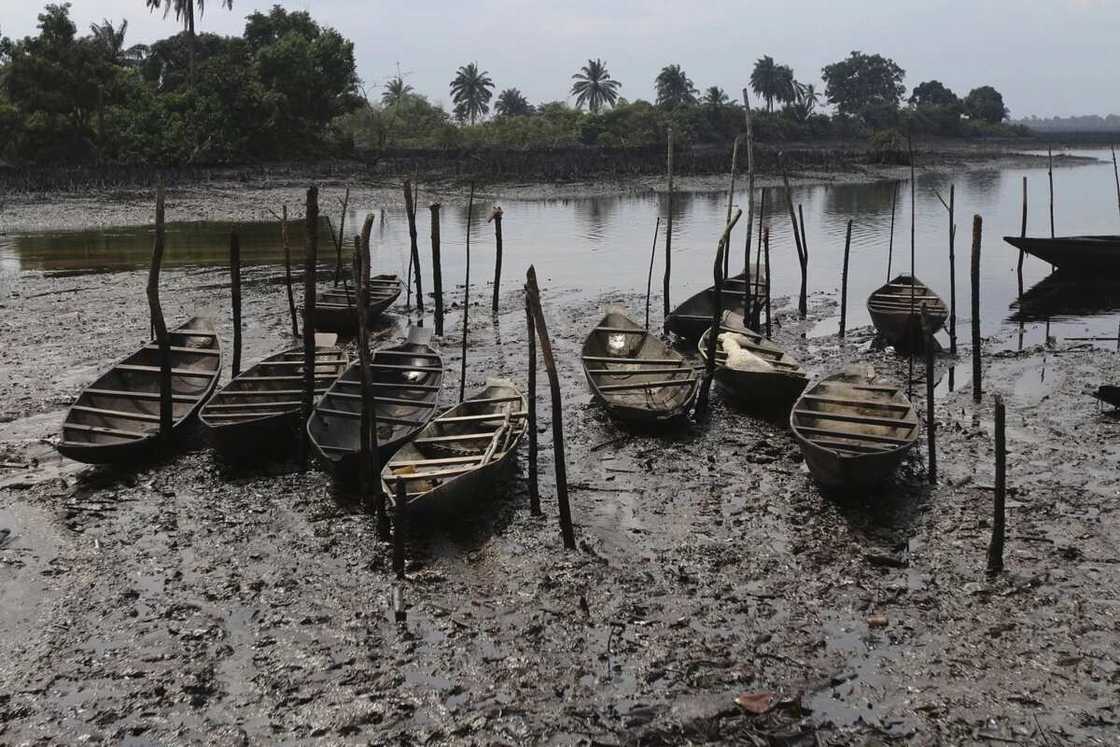
The current estimated sum to clean-up all Ogoni Land is about one billion dollars. Still, this price can double and even triple! The reason for that is the socio-economic impact to this area. The UN representatives constantly worry about the violation of human rights in this area. Ogoni people have problems with nutrition, clean water sources, and pollution of their environment.
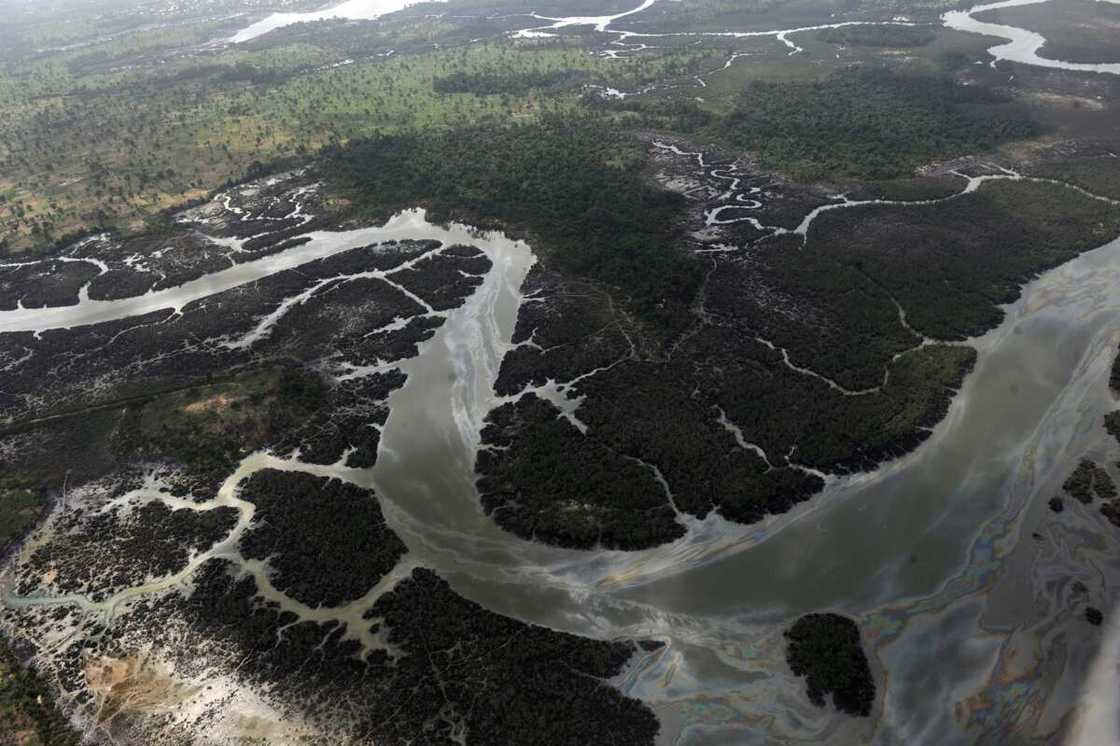
The petroleum industry in Nigerian economy has created environmental refugees. Ogoni people are one of these refugees who seek better conditions somewhere else. Experts provide the information that it would need about 100 billion dollars to clean up all lands damaged by petroleum in Nigeria!
Niger Delta Avengers

Another example is Niger Delta Avengers. They managed to destroy pipelines and almost create a financial crisis in Nigeria. Due to their activity, Nigeria lost billions of dollars because of the oil loss. Moreover, all these pipelines need fixing now. The Federal government of Nigeria has to invest the government funds into this problem.

Another problem connected with Niger Delta Avengers is related to the security of the State. Nigeria has to invest a lot of money to secure the remained pipelines and refineries from NDA.
Petroleum Contribution to Nigerian Economy
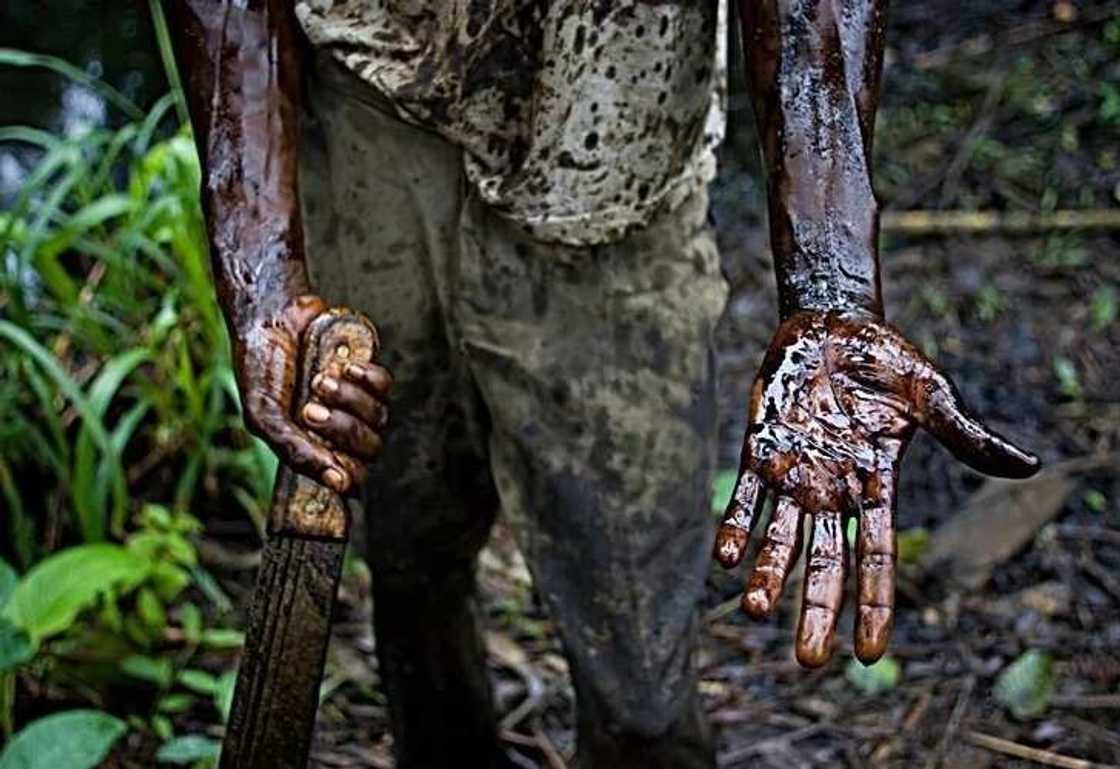
The positive and Negative contribution of petroleum to Nigerian economy can be quite obvious. It`s hard to deny that oil and petroleum industry made Nigeria one of the economic leaders in Africa. At the same time, Nigeria pays a high price for the oil!
READ ALSO: Oil Spillage in Nigeria - History
Source: Legit.ng




